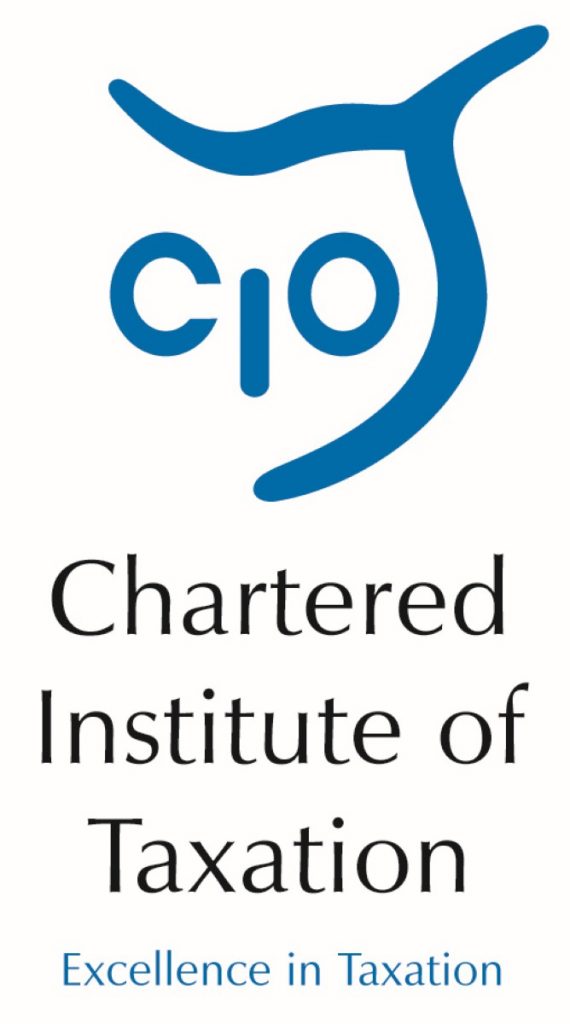The Chartered Institute of Taxation (CIOT) and its Low Incomes Tax Reform Group (LITRG) have welcomed the Government’s announcement today that they will legislate in 2017 to remove the disproportionate tax charges that arise from partial surrenders of life insurance investment policies.1 The change will mean that applications can be made to HM Revenue and Customs (HMRC) to have the charge recalculated on a just and reasonable basis.
The CIOT has pushed for a change to the law in informal discussions with HMRC because of serious concerns about the taxation of gains after the much publicised case of Joost Lobler in 2015, who had faced an effective tax rate of more than 700 per cent. The CIOT was permitted to make submissions in Mr Lobler’s appeal because of the wider public interest in the case. The tax institute has been instrumental in liaising with other organisations in the insurance industry and the tax profession, as well as with HMRC, to bring about law reform.
Rather than a stand-alone discretionary remedy, the CIOT’s preferred solution has always been for a defined statutory method of arriving at an appropriate gain with the option of applying to HMRC for a discretionary remedy as a fallback in unforeseen circumstances where the full statutory method does not achieve the right result.
Hui Ling McCarthy, Chair of CIOT’s Dispute Resolution and Litigation Group, said:
“It is critical that this discretionary solution is backed by safeguards; most importantly a statutory right of appeal to the tribunal on all aspects of HMRC’s decision on whether to allow a policyholder's application and what is a ‘just and reasonable’ outcome. It is vital that the amount of tax charged or other aspects of the application are not left to the discretion of a particular HMRC officer determining the matter without proper access to justice should a policyholder disagree with HMRC’s decision.
“The processes for applying the just and reasonable basis for re-calculating disproportionate gains will need to be clear and readily accessible with comprehensive guidance. HMRC and the industry will have a vital role in alerting taxpayers who find themselves in this position to the availability of the remedy and how they may invoke it.”
Robin Williamson, Technical Director of LITRG, said:
“Much depends on how these new rules will be communicated to people. Many unanswered questions remain, such as: If someone is unrepresented and fills in their return with gain details and then notes the resulting large tax bill, what will prompt them to ask for it to be recalculated on a just and reasonable basis? Furthermore – assuming they get that far – how will they know if the revised calculation is actually just and reasonable? Will gains in fact be prepopulated into individuals’ digital tax accounts under the Making Tax Digital proposals? If so, will the online system prompt people very clearly to there being a possible alternative means of calculation?
“HMRC will need to issue very clear guidance to the public. This in itself raises a serious and legitimate concern that in fact HMRC do not now have full control over tax guidance made available to the public, given that the Government Digital Service has editorial oversight of GOV.UK. We have seen instances where the ethos of that website (which we understand to be to meet the needs of the majority) means that points such as this are not covered at all as they are likely to be viewed as esoteric, thus depriving those who do need to know of essential guidance. Considerable effort therefore needs to be invested in making this new legislation work, and we are willing to work with HMRC so we hope they will consult on these matters in due course.”
Notes to editors
1. A quirk in the current tax code deems the full value of the rights surrendered on a part surrender – not just any economic profit or gains – to be income, after deducting five per cent of the total premium invested for each policy year. Any excess above the cumulative five per cent threshold is, however, taxed in the year of part surrender. Accordingly, policyholders who partly withdraw substantial sums early on can unintentionally trigger swingeing income tax charges that far exceed the economic growth of the policy.
2. The Chartered Institute of Taxation (CIOT)
The CIOT is the leading professional body in the United Kingdom concerned solely with taxation. The CIOT is an educational charity, promoting education and study of the administration and practice of taxation. One of our key aims is to work for a better, more efficient, tax system for all affected by it – taxpayers, their advisers and the authorities. The CIOT’s work covers all aspects of taxation, including direct and indirect taxes and duties. Through our Low Incomes Tax Reform Group (LITRG), the CIOT has a particular focus on improving the tax system, including tax credits and benefits, for the unrepresented taxpayer.
The CIOT draws on our members’ experience in private practice, commerce and industry, government and academia to improve tax administration and propose and explain how tax policy objectives can most effectively be achieved. We also link to, and draw on, similar leading professional tax bodies in other countries. The CIOT’s comments and recommendations on tax issues are made in line with our charitable objectives: we are politically neutral in our work.
The CIOT’s 17,600 members have the practising title of ‘Chartered Tax Adviser’ and the designatory letters ‘CTA’, to represent the leading tax qualification.
Contact: Hamant Verma, External Relations Officer, 0207 340 2702 HVerma@ciot.org.uk (Out of hours contact: George Crozier, 07740 477 374)





-01.png)